Life
Sign up for our newsletter
We summarize the week's scientific breakthroughs every Thursday.
-
 Genetics
GeneticsA long handshake can spread your DNA to objects you didn’t touch
Two new studies show that even brief contact with another person or object could transfer your DNA far and wide.
-
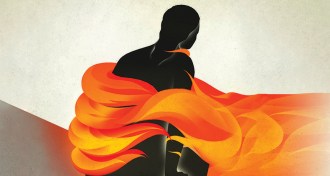 Health & Medicine
Health & MedicineWith its burning grip, shingles can do lasting damage
Varicella zoster virus, which causes chickenpox and shingles, may instigate several other problems.
-
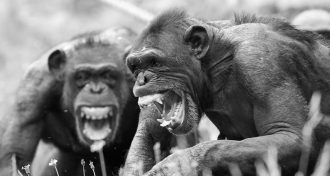 Animals
Animals‘Mama’s Last Hug’ showcases the emotional lives of animals
In ‘Mama’s Last Hug,’ Frans de Waal argues that emotions occur throughout the animal world.
By Erin Wayman -
 Life
LifeReaders ponder mitochondria, Neandertal diets, deep sea corals and more
Readers had questions about mitochondrial DNA, Neandertal diets, deep ocean corals and more.
-
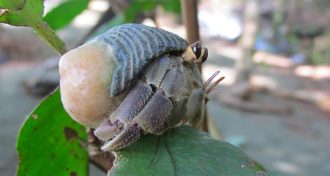 Animals
AnimalsHermit crabs are drawn to the smell of their own dead
A new study finds that the smell of hermit crab flesh attracts other hermit crabs of the same species desperately looking for a larger shell.
By Yao-Hua Law -
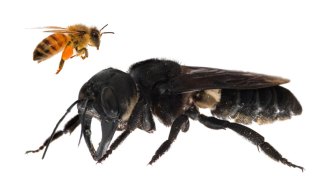 Animals
AnimalsThe world’s largest bee has been rediscovered after 38 years
Researchers rediscovered the world’s largest bee living in the forests of an island of Indonesia.
By Jeremy Rehm -
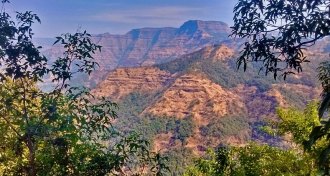 Climate
ClimateDueling dates for a huge eruption reignite the debate over dinosaurs’ death
New dating techniques for the Deccan Traps volcanic eruptions disagree on whether they were the main culprit in the dinosaurs’ demise.
-
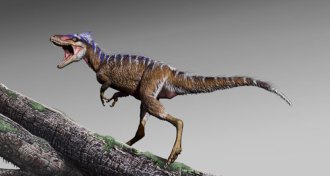 Paleontology
PaleontologyA deer-sized T. rex ancestor shows how fast tyrannosaurs became giants
A newly found dinosaur called Moros intrepidus fills a hole in the evolutionary history of tyrannosaurs, helping narrow when the group sized up.
By Jeremy Rehm -
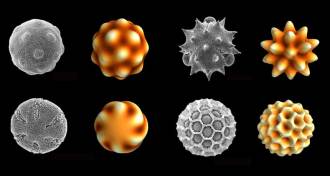 Life
LifePhysics explains how pollen gets its stunning diversity of shapes
These pollen patterns can all be explained by one simple trick of physics: phase separation.
-
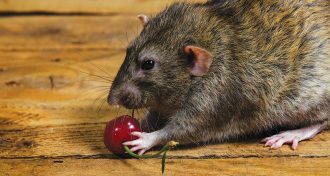 Neuroscience
NeuroscienceBrain cells combine place and taste to make food maps
A select group of brain cells responds to both flavor and location, a specialty that may help an animal find the next good meal.
-
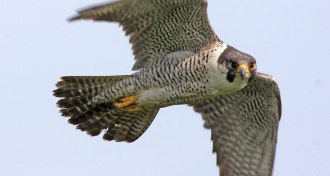 Animals
Animals50 years ago, DDT pushed peregrine falcons to the edge of extinction
In 1969, peregrine falcons were at risk of extinction. But a ban on the pesticide DDT and new captive breeding programs allowed the raptors to recover.
-
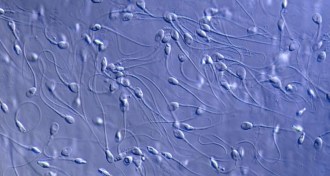 Life
LifeSlow sperm may fail at crashing ‘gates’ on their way to an egg
A new study describes how sperm navigate narrow straits in the reproductive tract’s obstacle course to reach an egg.